Search

News & Events
New clinicians at CliniKidsWelcome to Natalie and Linda who have joined the CliniKids team. The clinicians work between our Subiaco and Joondalup clinics.
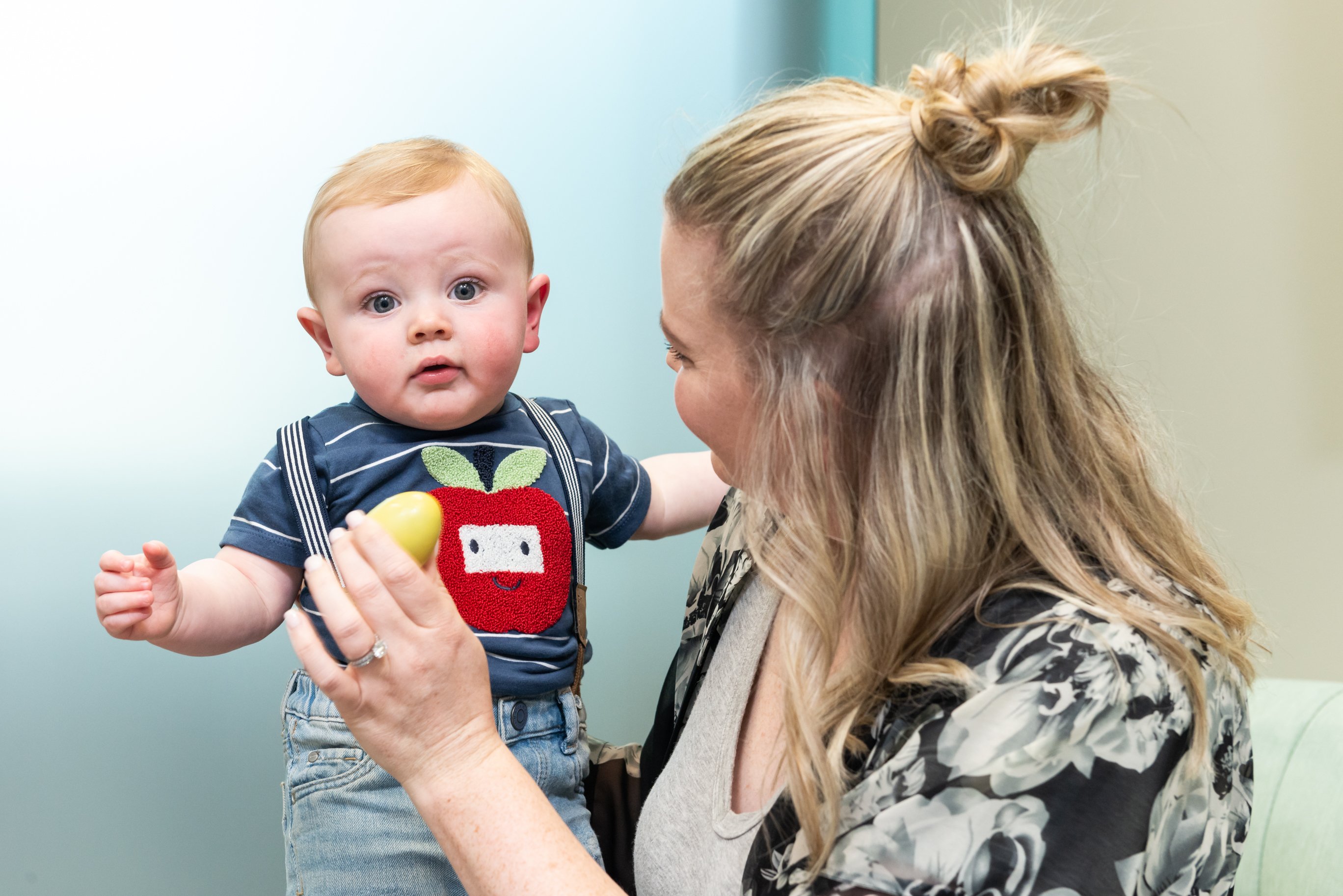
News & Events
Inklings at CliniKidsInklings is a new program for babies aged 6-18 months who are showing early differences in their social interaction and communication development.
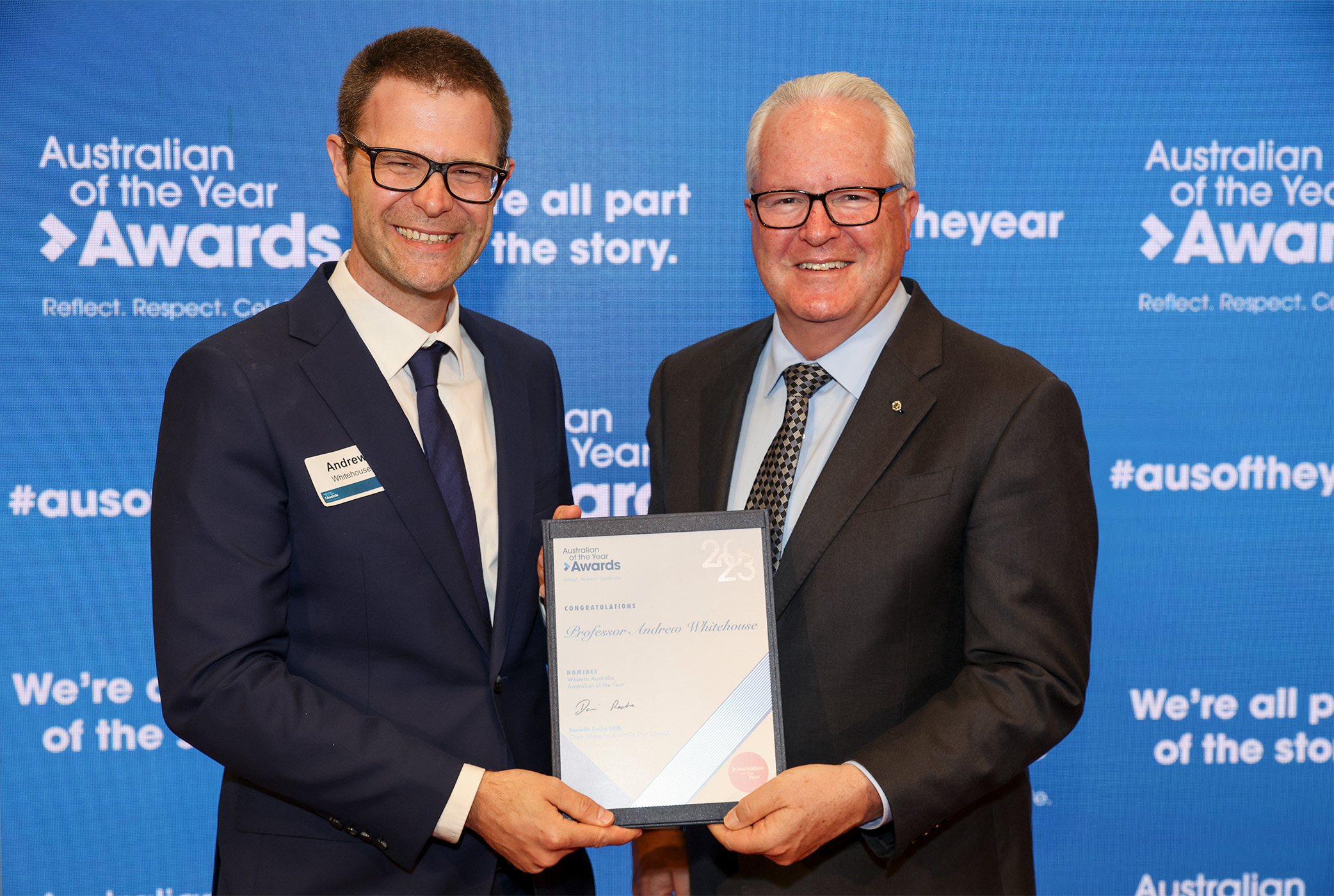
News & Events
Congratulations Andrew!Congratulations to CliniKids Director Professor Andrew Whitehouse on his recent nomination for WA's Australian of the Year Award.
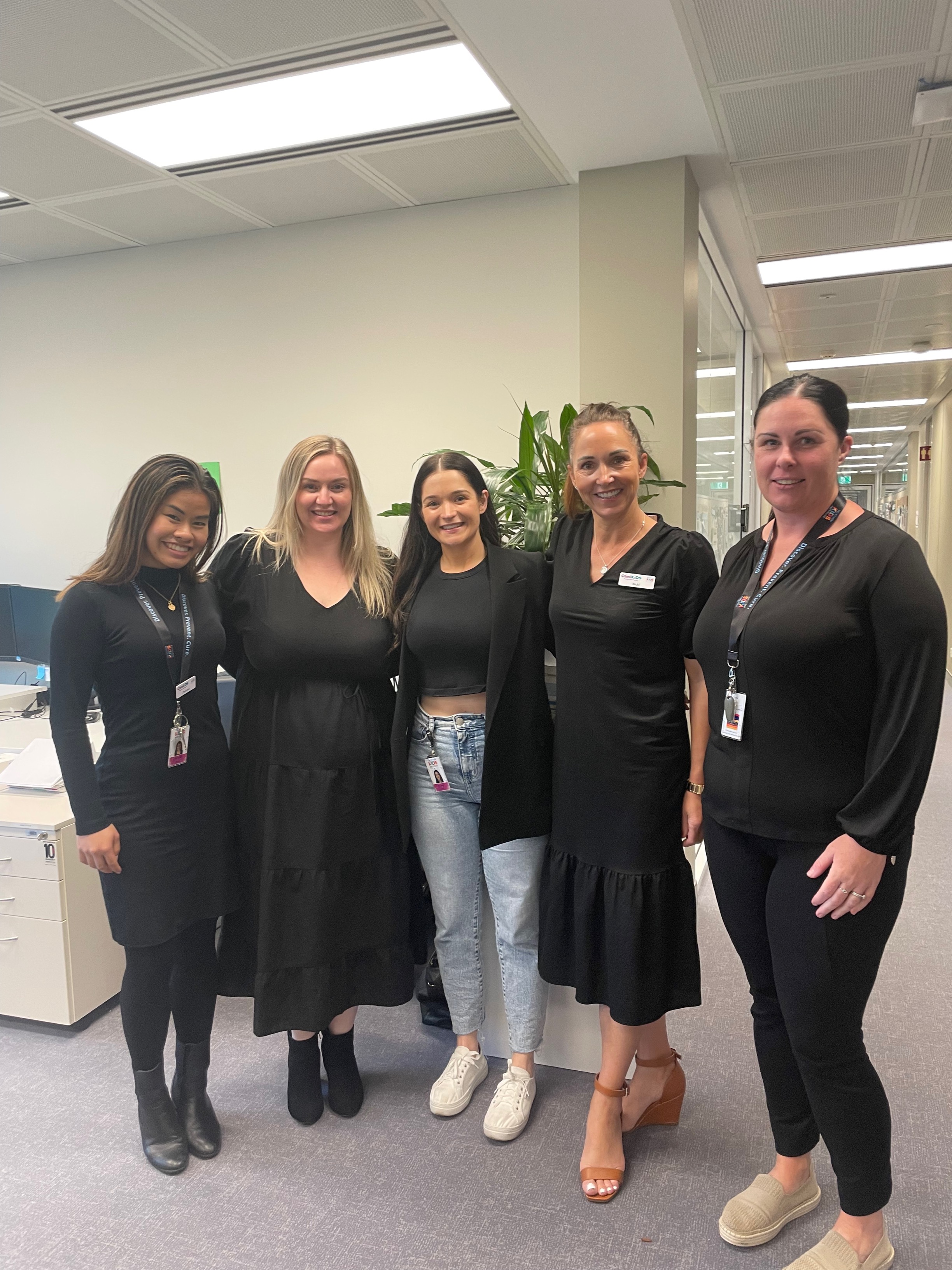
News & Events
New starters at CliniKidsMeet Christina and Danae, the newest members of the Client Support team at CliniKids.
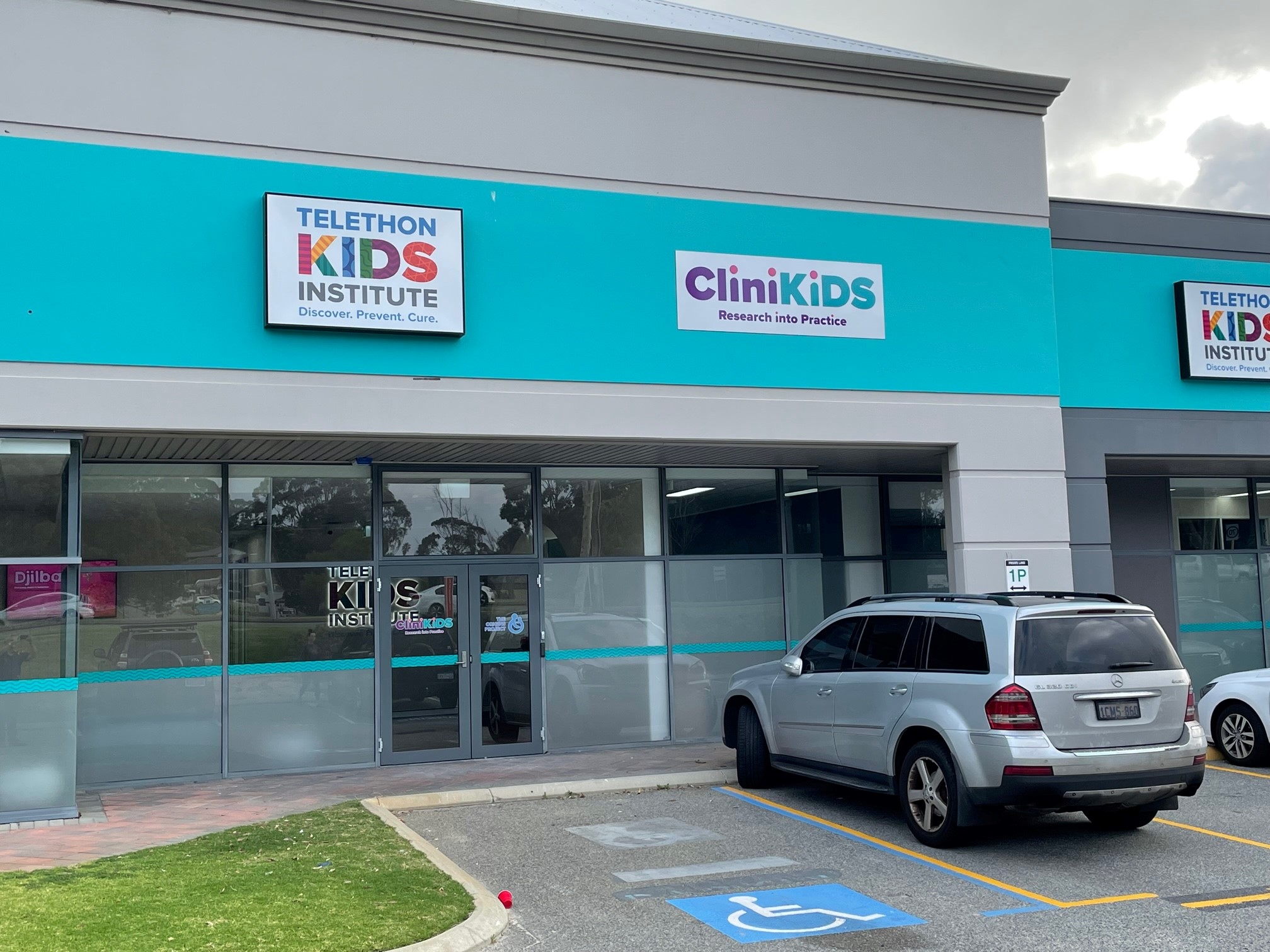
News & Events
Joondalup clinic updateOur new Joondalup clinic opened in late September and has been firing on all cylinders ever since. CliniKids Joondalup has welcomed about 40 new families into the service since opening, with approximately 52 therapy and research appointments scheduled weekly onsite.

News & Events
New Inklings program for babiesInklings is a new program at CliniKids which supports early social interaction and communication development in babies aged 6-18 months.

News & Events
Clinic shutdown datesPlease note that both the Subiaco and Joondalup clinics will shut down for the Christmas and New Year period from Friday, December 23, through to Wednesday, January 4, inclusive. The clinics will re-open on Thursday, January 5, 2023.
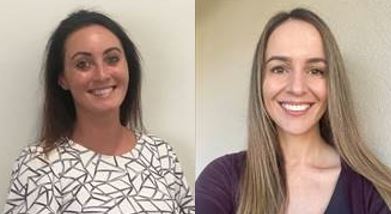
News & Events
Provisional Psychologists at CliniKidsTo meet the growing demand for clinical psychology services, as well as provide education and awareness of autism best practice for clinical psychologists, CliniKids is helping to develop and train the next generation of mental health practitioners.
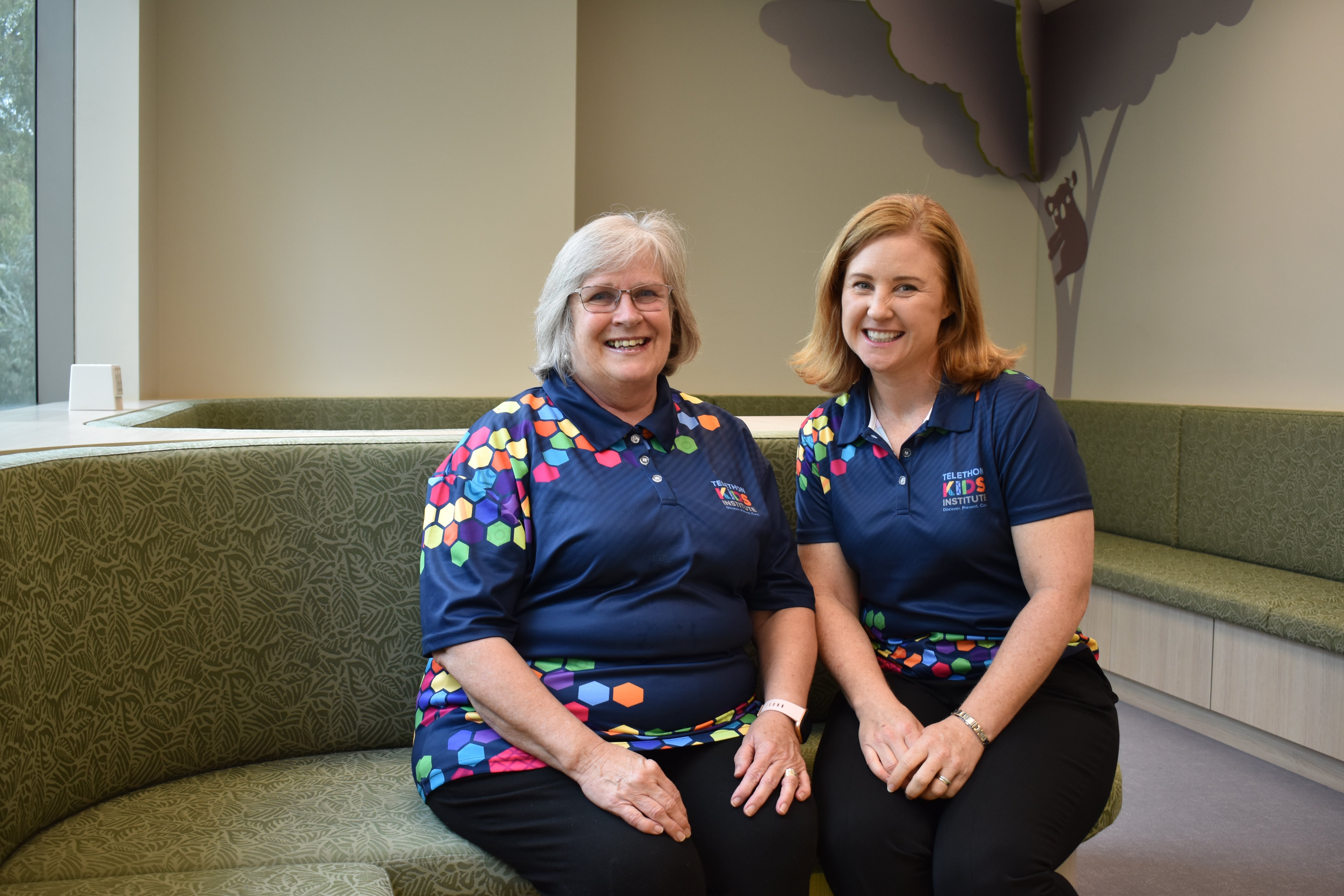
News & Events
New team members!CliniKids recently welcomed Gayle, Tarryn and Emma to the clinical team. The clinicians will be located out our new Joondalup clinic, which will be welcoming families in Term 4.
See our full catalogue of news and events.
